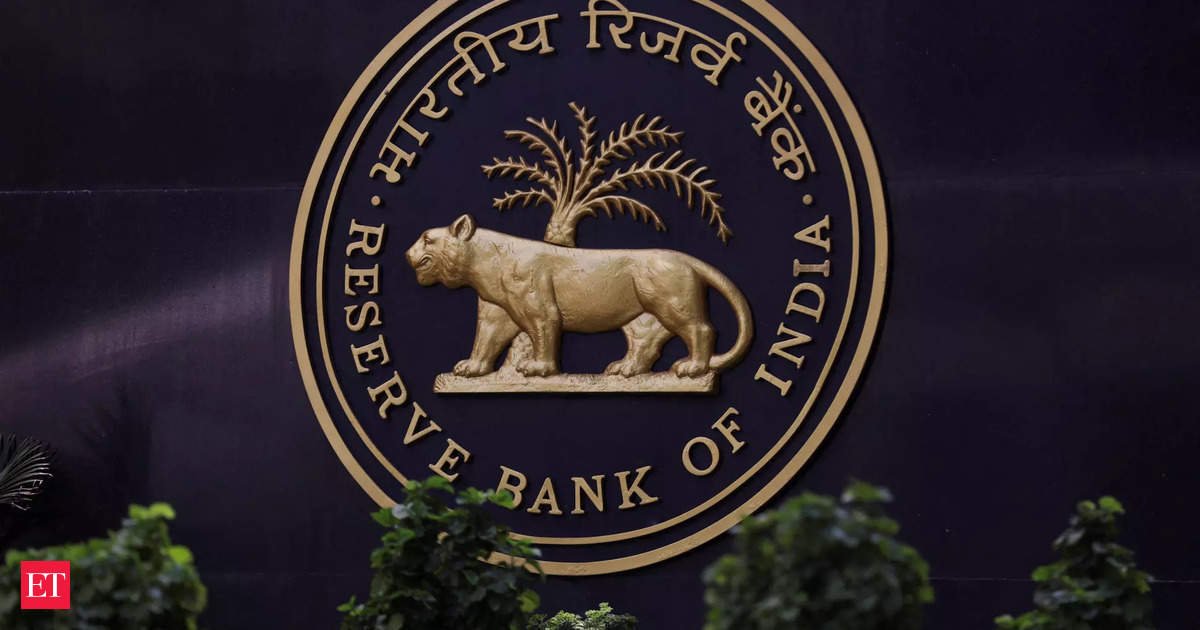Synopsis
Indian banks’ financial health has remained strong with expansions in loans and deposits. Gross bad loan ratios decreased to over-13-year lows, and net bad loans also declined. Banks have improved their balance sheets and profitability. The Reserve Bank of India emphasized strengthening risk management and IT governance. Non-bank lenders need prudent growth approaches and robust risk management frameworks.
 Reuters
ReutersIndian banks’ financial position has stayed robust, marked by the sustained expansion in loans and deposits, while their gross bad loan ratio has dropped to multi-year lows, a central bank report showed on Thursday.
Banks’ gross non-performing assets ratio (NPA), or the proportion of bad assets to total loans, slipped to an over-13-year low of 2.5% at end of September from 2.7% at end-March, the Reserve Bank of India (RBI) said in its ‘Trend and Progress of Banking’ report.
Net bad loans of banks fell to 0.57% of total loans at September-end, from 0.62% at end-March, driven by stronger loan-loss buffers, the RBI report said.
The asset quality of non-bank finance companies (NBFCs) also improved further in 2023-24 amid a sustained double-digit balance sheet growth, the central bank said.
Over the past year, the RBI has warned the financial sector against “all forms of exuberance”, tightened rules for credit card and personal loans, made it more expensive for non-banking finance companies to borrow from banks and imposed restrictions on non-compliant lenders.
Banks have also cleaned up their balance sheets in recent years by selling bad loans to asset reconstruction companies or by writing them off.
Their capital and liquidity buffers stayed well above the regulatory needs while profitability improved for the sixth consecutive year in fiscal year 2023-24, the RBI report said.
Going forward, banks need to strengthen their risk management and IT governance standards, and focus on checking unscrupulous activities, including suspicious and unusual transactions, the RBI said.
Meanwhile, for NBFCs, an imprudent ‘growth at any cost’ approach would be counterproductive, the RBI said, highlighting the need for robust risk management frameworks.
Non-bank lenders need to strengthen customer grievance practices and avoid recourse to usurious interest rates, it said.
Nominations for ET MSME Awards are now open. The last day to apply is December 31, 2024. Click here to submit your entry for any one or more of the 22 categories and stand a chance to win a prestigious award.

